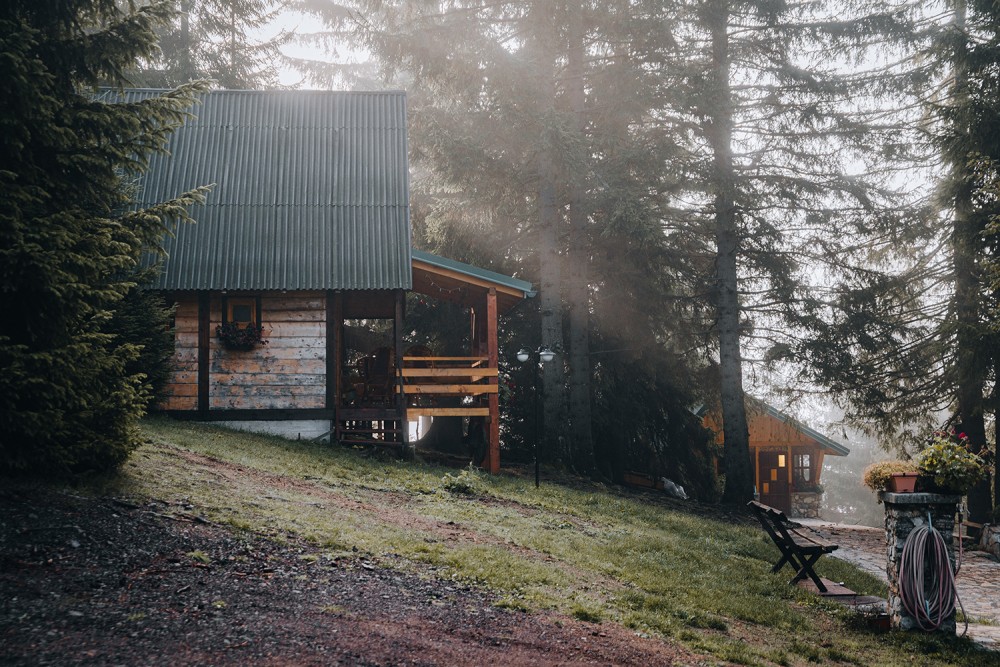My word for 2024 was monasticism
One highlight of the year was a busy week in a cabin with three friends and a dog.

Photo by Pyrosky / E+ / Getty
At the beginning of each year, I do a kind of intensive, goals-oriented journaling. It asks you to set goals in different areas of your life, to imagine yourself a year into the future, to consider what changes you need to start making now to get there. It also, crucially, asks you to choose a word for the year, a North Star by which to navigate. I often go with something like growth or consistency—a vaguely corporate, aspirational sort of emptiness that I forget by the second week of January. Last year, though, some kind of clear vision seized me as I was journaling, and almost without conscious thought, I wrote that I wanted my word for 2024 to be monasticism.
This was the clear vision: a life balanced between work and contemplation, body and spirit, solitude and community. At the time, I was halfway through what would become more than a year of freelancing in which the more accurate word was not and but neither. I also had some thoughts about the vow of stability present in the Benedictine tradition—a promise to stay in the same community over a lifetime, to accept that no monastery is perfect but that each offers you a place to grow. Despite loving Chicago, my house, and so much about how my life was (and is) constructed, I nevertheless had the constantly nagging thought that everything might be better if I lived somewhere else, had a different environment in which to feel my anxieties and pleasures. I wanted to figure out how to actually live in the place I was set in.
It’s been a year of mixed success. I’m done freelancing, having settled into a job at an artists residency with coworkers I quite like, many of them also artists. My house and my neighborhood feel less like sites of claustrophobia and more like a home base from which I can explore. I’m still working on many of the other balances in question—between work and contemplation, between body and spirit—but then, who isn’t? The moment I’ve gotten the closest though was a week in Maine I spent with my friends.





